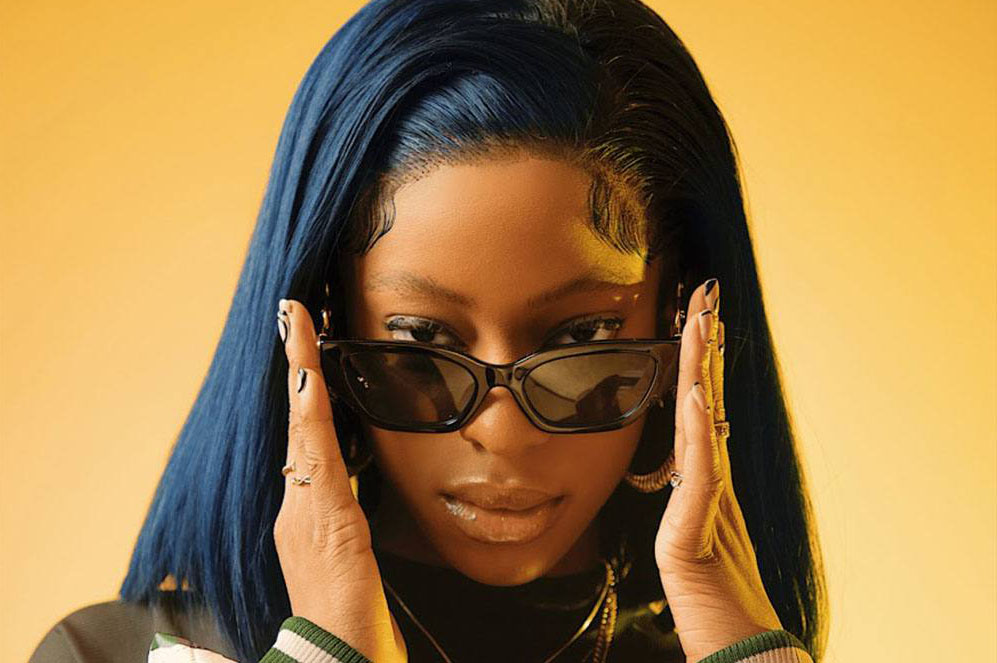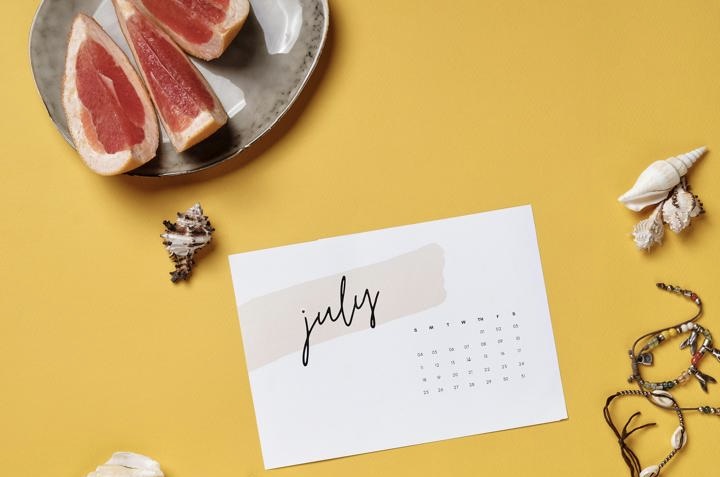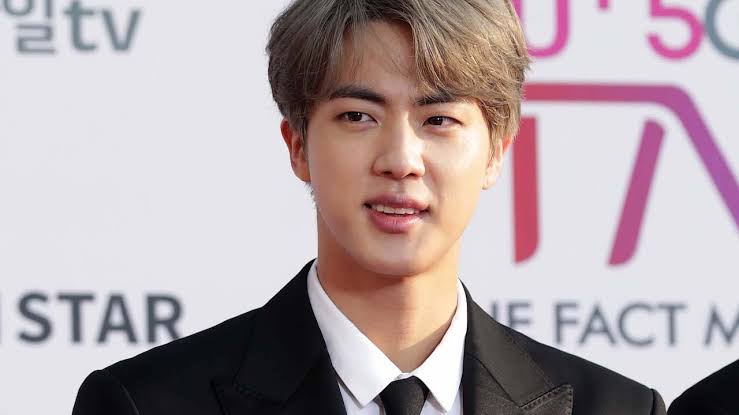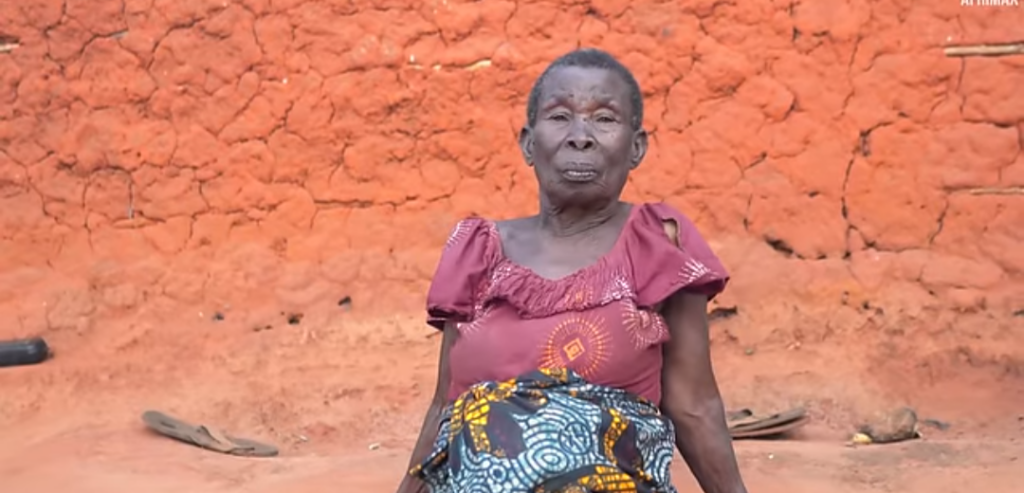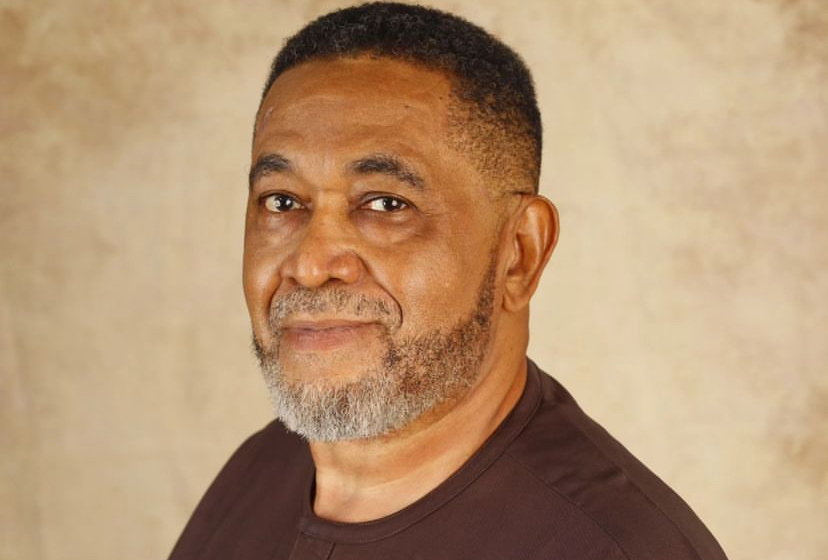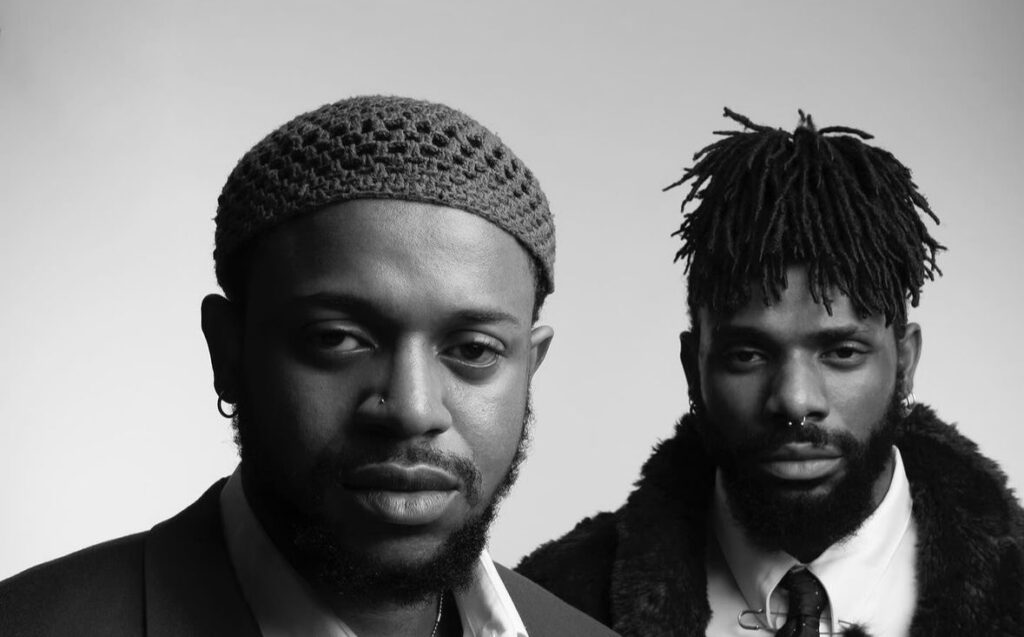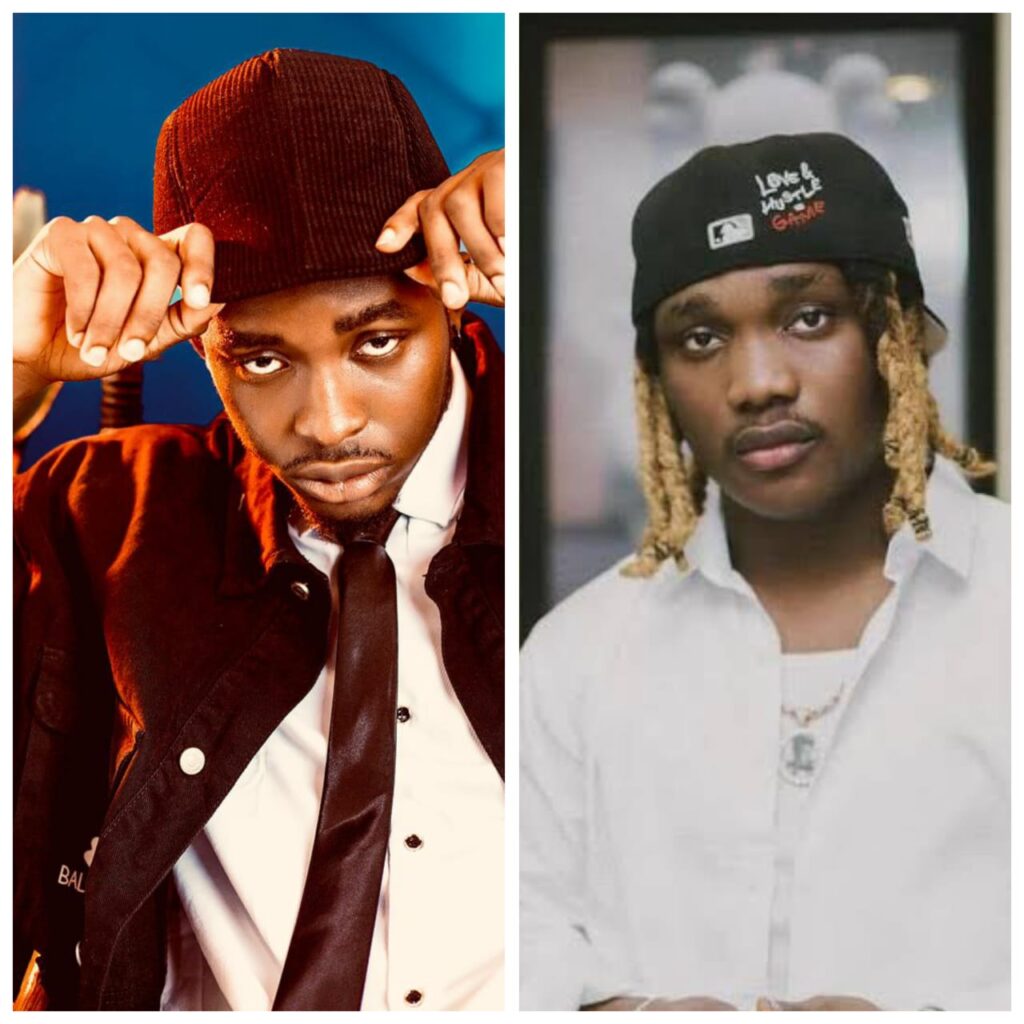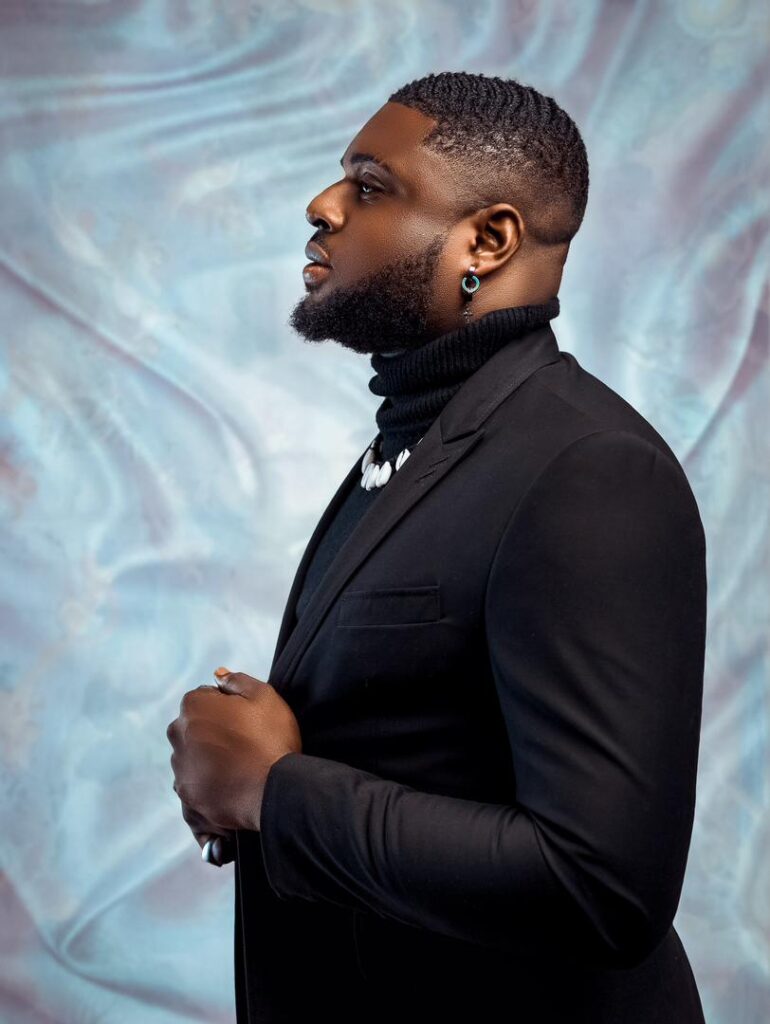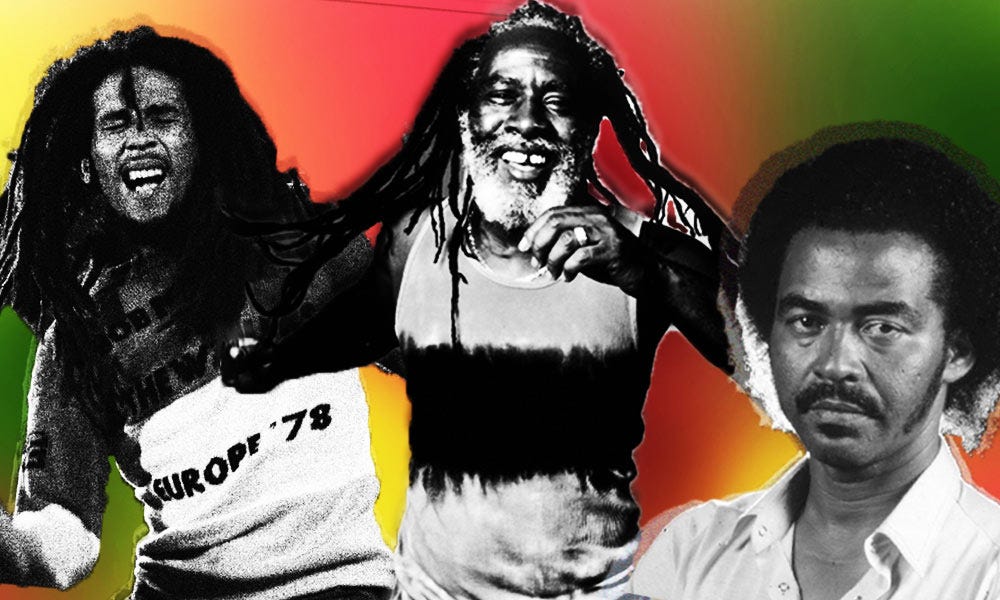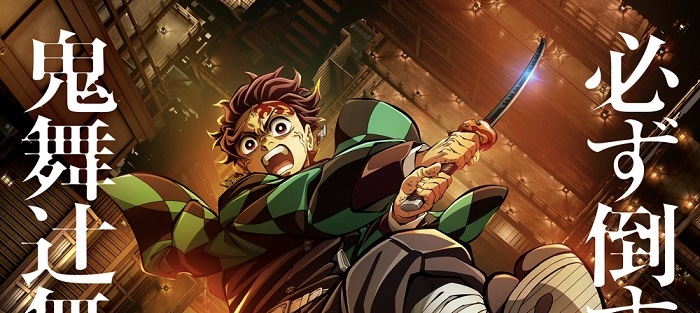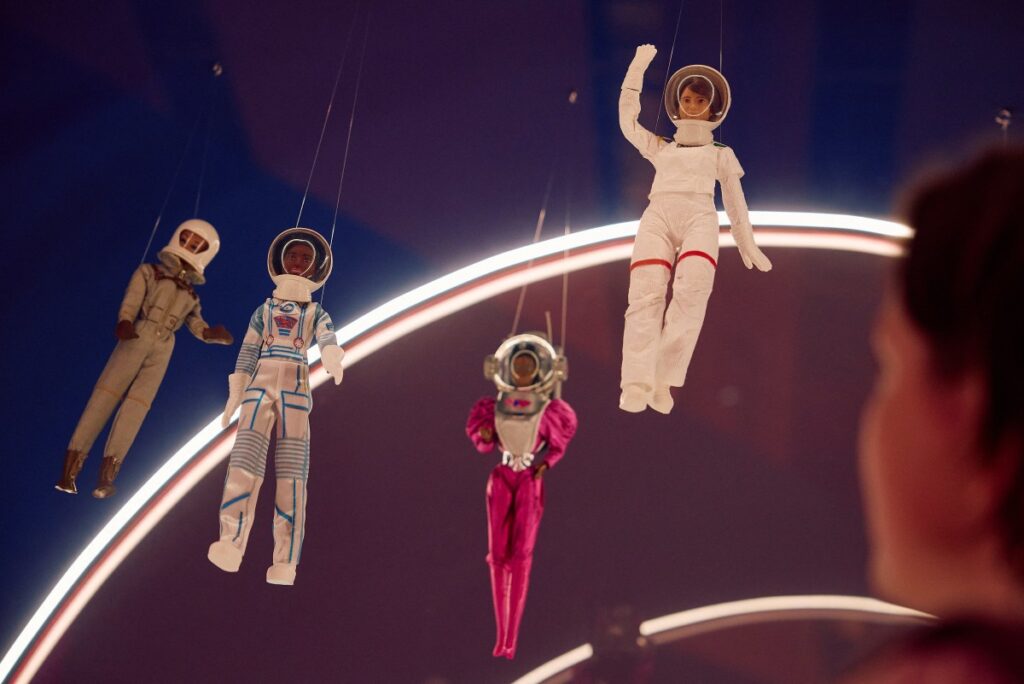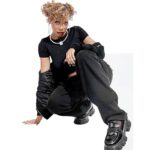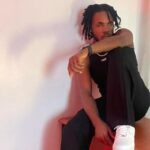
17-year-old Qing Madi has been an exceptional talent, ever since she picked up her pen to write songs for other artistes early into her teenagehood. Born Chimamanda Chukwuma, the young songbird has risen to prominence with her array of hits songs including the BNXN-assisted Ole, Why, and others off her recent eponymous debut album.
With her silky voice, Qing Madi (pronounced King Madi) has proven to be a maestro at Rhythm and Blues. From age seven, she had already begun her journey honing her vocal signature from singing in her childhood church in ancient Benin City. Way before TikTok — the video streaming giant that shot her into the mainstream gaze — made its way into the Nigerian scene, the young maverick had released two debut EPs at age 13.
Now signed to Jton music, Qing Madi has soared to be a voice full of gems. Among the newest class of contemporary singers in Afrobeats, she stands out as a soulful lyricist with a rare tone that keeps spotlighting her talent among millions of listeners. Ever since her breakout, she has since chosen to use her artistry to encourage other budding young women to yearn for stardom in their own lives.
In this week’s Guardian Music, we catch up with the Afro RnB star, exploring her unique foray into music as a teenager; her interesting creative influences; getting co-signed by BNXN; creating her debut album; and why she believes that it is time for women to seize the spotlight in Afrobeats.
When did you start your musical career?
I don’t really think that I started my musical career or it had a beginning; because as long as I remember my mom has always pushed for me to be in the choir and attend dance rehearsals and all of that. So it wasn’t like there was a point in my life where I tried music or I decided that I would do music fully. However, I felt like at the start of time, my path was already aligned towards music.
As a child, what were your other ambitions or interests?
Back in primary school, I wanted to do law. Then, in senior secondary school I wanted to be a linguist. I wanted to translate languages for other people because I was really good at learning foreign languages. So I thought that those were my paths, but I never had a serious passion for those courses. I just thought on the educational basis, that’s the type of knowledge that I would love to obtain, but I never saw myself arguing a legal case or something. Music was always my passion. Music was always my path, but on the educational side, I just wanted to study law or something, but it wasn’t a passion. I think I began my music career professionally, like a year ago. And it’s been going very well. So for now, I’m just focusing on my music and probably in like a few years to come, I might try to fit into the educational system a little bit. I don’t know what the future holds for me. But if it were in my hands, I think in a couple of years, I would try to fit into the educational system because my mom really wants me to finish my graduate studies.
Growing up, what were the songs that shaped your style?
So, apart from the Barney and Barbie movies that my mom bought, which had those rhyme songs, there was a bar that was located next to our house when we used to live in Benin City. So, this bar used to play old school music only. So they used to play like 90s and 80s type music and because there’s no such thing as sound policy or anything there you kind of can’t stop it. So that was kind of like my lullaby to sleep. I was forced to listen to old school music because there was a really loud bar next to our house. I was exposed to those types of music and I did love the fact that that was like a ritual for me. However, also, I think the first type of music that I fell in love with was trap music. It was a rap song from Kendrick Lamar. He’s my favorite artist that I heard because my mom had a shop and most of the people that came to the stores were students from the university like BYU in Benin City, and they listen to a lot of rap music. I was exposed to that because you know, hanging around the shop, I really fell in love with poetry. So rap music, especially the type of rapper which was Kendrick at that time made it for me. It was so fun for me to find a way that poetry can be delivered with music. I loved rap, but I don’t rap. So, yeah, that was it.
What about Nigerian influences?
Nigerian influence evidently came from Yemi Alade and Tiwa Savage. They were like the queens. And Simi as well. They basically shaped up my Afrobeats on the feminine melodic aspect of being a female singer. They shaped my Afrobeats senses
How intentional were you about your sound?
I wasn’t intentional about the sound. I don’t think I was that professional about this EP but one thing I wanted out of the EP was to make it like a diary for me. So it was a very selfish EP because this is my first project. I wanted it to be all about my heart and my truth and me. So for example, there’s a song called ‘vision’ on the project that I wrote and recorded when I was 14. And the fact that I get to hear my younger self singing right back to me, every time I play the song has its own essence. So it’s a very selfish EP, it’s a very Qing Madi EP, that’s why it’s so titled, for me. It’s my EP.
But why are you leaning towards slow-burn Afrobeats?
I feel like I’m trying to be so careful.
I used to be a ghostwriter for other people. And the hardest part of ghost writing is that you have to imagine someone else when you’re writing. And so the opportunity that I have to write my records and be the one singing the records, I just always wanted it to sound genuine and more like me. The music is alternative RnB. It is a mix of my life, you know, the 90s and 80s music that I grew up listening to and the poetry that I love, which is laden with wise and subliminal lyrics. I feel like all of those things that shaped up the type of music that I make, makes what I write for other people and what I write for myself very different, and that’s why I always try to make it genuine. I always try to make you like Madi and stuff.
How did you get the BNXN co-sign?
So, when I recorded my first song, See Finish, it unintentionally blew up. So, at that point, when I got signed, I started recording to put out more music intentionally and officially. I wrote only with one of my best friends, his name is Wade. He also produced Vision and Chargie on the EP. And when I wrote Ole with him, it was more of a funny song that we thought was never going to come out because of how unserious the words felt. I felt like my mom was never going to let me have that song out, and she honestly did not want it to be out. So I had sent the song to my manager, regardless, alongside a couple of songs that I had recorded prior to that and she loved it so much. And no one else seemed to have an issue. So, one day, BNXN reacted to ‘see finish’ on his Instagram story and I was screaming. I went to his DM to thank him. And we got to link and I played a couple of songs for him and he loved them. He asked to jump on one of them and we weren’t even in the studio together when we finished the song.
Speaking of features, in your future projects, which Afrobeats artistes do you envisage a collaboration with?
I would love to collaborate with Fave. She’s my favourite female Nigerian musician ever. I would love to collaborate with Wizkid. I would love to collaborate with Kizz Daniel. I would love to collaborate with all my Peruzzi. There’s a long list but off the top of my head those are the ones.
How do you navigate the pressure of rising to the top at this age?
I could write a whole book about it because there’s a lot that I thought would not be an issue but surprisingly are. There is a lot of energy change when I walk into a room. They, sometimes, feel obligated to protect me. And this is even from the professionals, not even about the reception from the crowd. Sometimes, I don’t feel like I’m among; I feel like everyone’s just trying to protect me. It has its pros and cons so I just leave that one. Also, there’s like, the respect thing. Because sometimes people tend to like, not give me my respect, because of the age and that’s even inside the industry as well. And that was at the start of my career. I felt like my emotions have changed right now because of the multiple songs that I’ve had that have gone on the chart. But another thing that I genuinely dislike a lot is the people that try to mismatch, my age and my hard work. It’s like, there’s no way a 17 year old can write a song like this. So it’s like they have this prototype idea of what a 17 year old is like, and anyone that does not fit into the agenda is possibly not that age. So it’s a lot of work for me to be myself and still I don’t do it for me. So I felt like that really hurts me when I work really hard. And if I work too hard, I’m not my age. If I work harder, it’s like oh because she’s 17. So it’s like the age thing sometimes works against me. It’s not really in my favor and a lot of people think it is in my favor and is helping but it’s really not.
What’s next for Qing Madi?
I feel like everyone has a purpose for doing music, whether they know it or not. I would love to be a relatable person to people. They see me and remember I was raised in Benin City. And if you’re from Benin City, you know how much of a big deal it is because not a lot of us are seeing the light as much as people in the big cities like Lagos. So, I want people that are from where I’m from, and people that are not even from where I’m from, to be able to see possibilities and not to just see the end of the road. And I feel like what you’re expecting from me is like more music, more collaborations and awards. Basically, more hard work.

